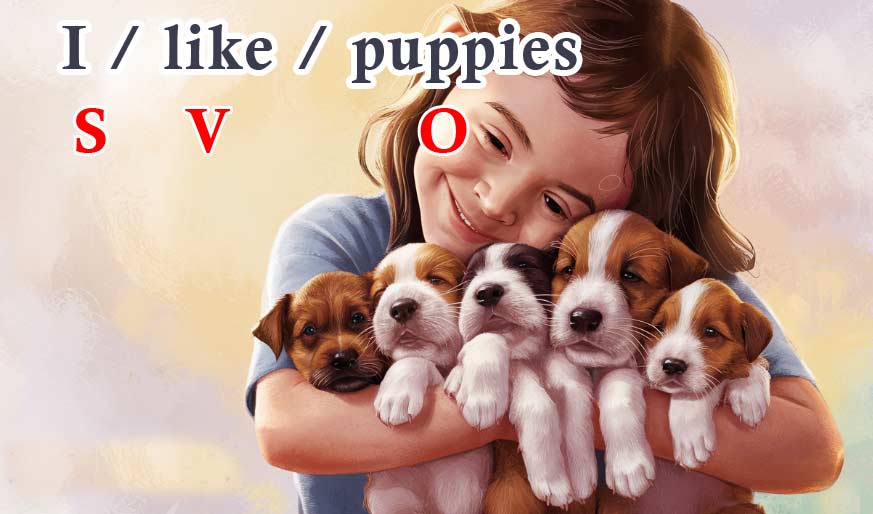Many critics / criticised / the play
| Subject |
"Many critics" - Refers to the group of people who performed the action of criticism. |
| Verb |
"criticised" - The action verb indicating the act of expressing disapproval or judgment. |
| Object |
"the play" - Specifies what was criticised, indicating the subject of the criticism. |
Explanation:
Subject: "Many critics" - Refers to a group of individuals who provide evaluations or assessments. In this sentence, "many critics" are the ones who performed the action of criticism.
Verb: "criticised" - This action verb indicates the act of expressing disapproval, judgment, or negative assessment about something.
Object: "the play" - Specifies what was criticised. It indicates the subject of the criticism, in this case, the play that was reviewed or evaluated by the critics.

